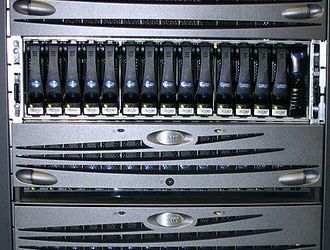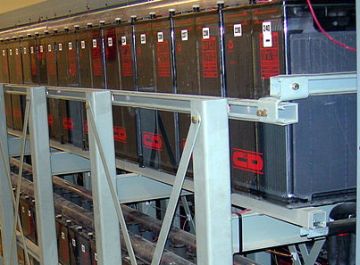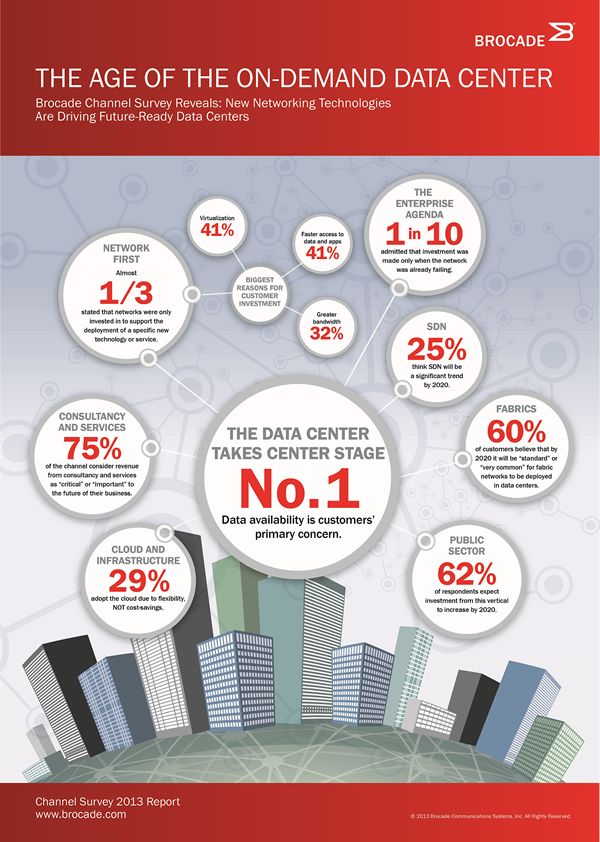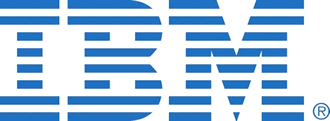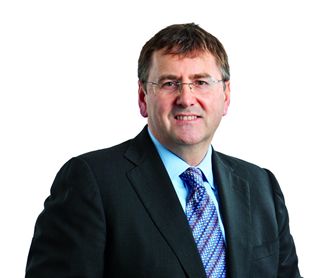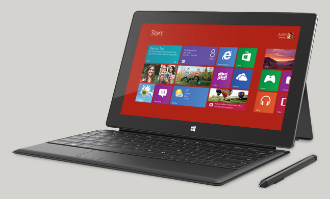 A VP at Rackspace has spread out his tarot cards and given his prediction on how the market will shift in 2014.
A VP at Rackspace has spread out his tarot cards and given his prediction on how the market will shift in 2014.
According to Nigel Beighton, VP of technology, the division of cloud computing into public and private clouds will be disrupted by the emergence of specialist cloud providers. They’ll target specific markets including finance, telecoms and retail – there will also be more application specific cloud based stuff – including cloud computing for CPU monitoring.
Platform as a Service is over hyped, thinks Beighton, but DevOps will be a better way of helping software development.
Mr Big Data will receive close care and attention from big tech vendors who will “take the time and complexity” out of operations and there will be consolidation of NOSQL technologies.
The NSA revelations will mean that we’ll see investments in better encryption – and that should allay some peoples’ concerns about cloud based platforms and systems.
Finally, Beighton believes that in 2014 everyone will go nuts about DevOps and that means developers and IT departments will have to work closer than ever before.
ChannelEye predicts that before 2013 comes to a close, we will see more predictions about what is going to happen next year.

